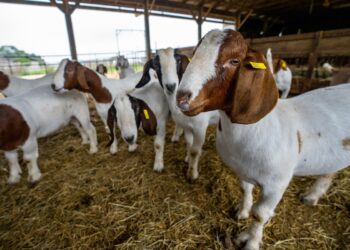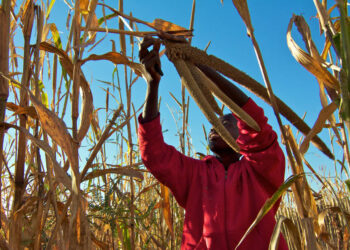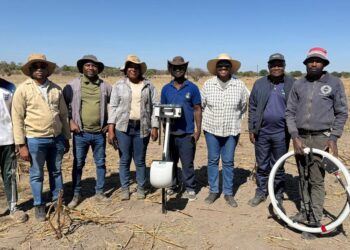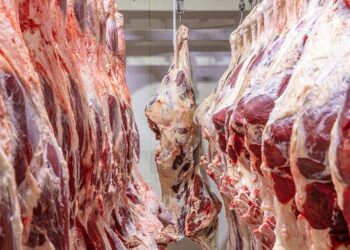
Namibia will need to import an estimated 333,000 tonnes of cereal for the 2024/25 marketing year, as domestic production remains insufficient to meet demand, according to the Food and Agriculture Organisation (FAO).
FAO highlighted that the country will need to import 105,000 tonnes of wheat, 22,000 tonnes of rice, and 206,000 tonnes of coarse grains.
“Per capita consumption is projected at 114kg per year, consisting of 41kg of wheat, 8kg of rice, and 65kg of coarse grains,†noted FAO.
This comes as domestic cereal availability is expected to reach 105,000 tonnes, comprising 85,000 tonnes from production and a 20,000-tonne stock drawdown.
FAO’s recent data highlights that the cereal supply and demand balance for the 2024/25 marketing year (May-April) highlights a significant dependence on imports due to declining domestic production.
“Total domestic cereal availability is projected at 105,000 tonnes, consisting of 85,000 tonnes from production and a 20,000-tonne stock drawdown,†said FAO.
The country’s wheat production is expected to reach 20,000 tonnes, while coarse grain production is estimated at 65,000 tonnes.
“Total cereal utilisation is projected at 438,000 tonnes, with food consumption accounting for 344,000 tonnes, including 125,000 tonnes of wheat, 23,000 tonnes of rice, and 196,000 tonnes of coarse grains,†FAO data reveals.
Meanwhile, non-food uses, such as animal feed and industrial purposes, are expected to consume 91,000 tonnes, with the majority being coarse grains (88,000 tonnes).
Exports are minimal at 3,000 tonnes, and no stock build-up is anticipated.
Moreover, a comparison with previous years reveals a sharp decline in production as total cereal production for 2024 is estimated at 85,000 tonnes, which is only 61% of the five-year average of 139,000 tonnes.
“While wheat production has increased by 38% compared to the five-year average (14,000 tonnes), coarse grain production has plummeted to just 52% of the five-year average (125,000 tonnes),†FAO revealed.
In contrast, the previous year’s total production was significantly higher at 155,000 tonnes, including 30,000 tonnes of wheat and 125,000 tonnes of coarse grains.
Import requirements have risen compared to previous years, with total imports for 2024/25 expected to be 5% higher than the five-year average of 317,000 tonnes.
While wheat imports (105,000 tonnes) are slightly lower than the five-year average (112,000 tonnes), rice imports (22,000 tonnes) remain unchanged.
Coarse grain imports, however, have increased by 13% from the five-year average of 183,000 tonnes, primarily due to reduced domestic production.
“Compared to the previous year, total import requirements have increased from 267,000 tonnes to 333,000 tonnes, with wheat imports rising from 90,000 tonnes, rice imports decreasing slightly from 26,000 tonnes, and coarse grain imports surging from 151,000 tonnes,†said FAO.











